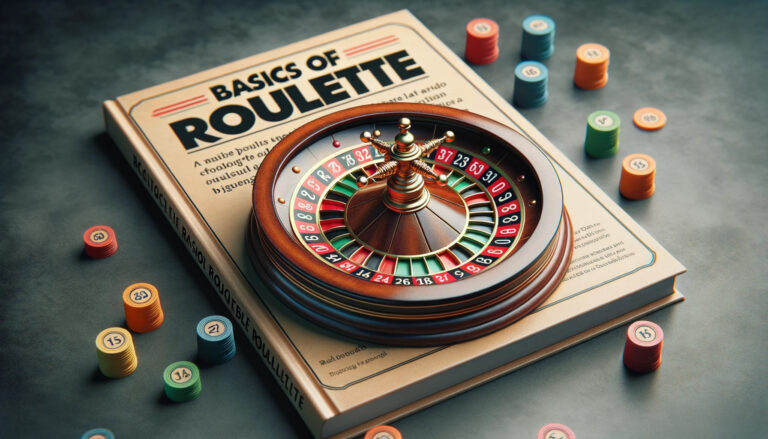It is important to understand that not every strategy in a casino revolves around beating the actual game. There are other ways to profit from a casino.
Strategy vs System
Strategies and roulette systems are often considered the same. However, there are some technical differences. A system is more of an algorithm or method designed to beat the game. And beating the game means changing the odds of winning. You can’t change the payout amounts, but you can change the odds of winning in certain types of roulette. For example, visual ballistics is a popular method for professional players. It works by estimating the timing and position where the ball will fall and betting around that area.
Strategies relate to things around the system, such as money management, withdrawing winnings, avoiding detection, and so on.
Below is a list of five strategies that you may not have heard of. Some are designed to improve the odds of winning, while others relate to avoiding detection.
Casino Comps
Casino comps are rewards from the casino, received after extended playtime. Typically, the more you play, the more comps you receive. A comp can be anything, such as free meal vouchers or even hotel accommodations. Usually, they have promotional value, like introducing you to a new restaurant. However, they still hold real value.
Typically, a casino will require you to join their membership program and receive a rewards card. Although casino comps are great for regular players, they are often avoided by professional players. This is because professional players rely on avoiding detection. Nevertheless, casinos only benefit if players lose. A rewards card from a casino can sometimes track your transactions, revealing your winnings and losses. That is the last thing a professional player wants the casino to know about them. The main idea of playing to receive rewards is that you can get more value than the amount you lose at the tables. And the difference is often quite significant.
Avoiding Payment Reports
Every casino has to record payments above a certain threshold. For example, a payment over $1,000 may require the casino to pay by check. This is not convenient, but it’s not the casino’s choice. Usually, this is done to prevent money laundering and tax evasion.
Professional players don’t necessarily want to avoid taxes. But they want to avoid reporting their success to the casino. So, if a winning group can earn, let’s say, $30,000 in one night, they won’t withdraw the entire amount at once. To avoid detection, multiple group members will withdraw their winnings from different cashier counters and at different times.
Wheel Scouting Cooperation

Some professional roulette systems require a large amount of data. But before collecting data, one member of the team needs to find suitable wheels to play on. Scouting extensively relates to finding suitable wheels to play on.
This is because most professional roulette systems can only beat between 5% to 20% of wheels. And of course, the advantage will vary between wheels.
Searching between different countries and regions can be costly and time-consuming. Fortunately, players from different regions often collaborate with each other. This allows teams to cooperate and share data.
Why would someone want to share data about beatable wheels? Because typically, wheels are not difficult to beat. The problem is that casinos don’t want you to win all the time. In theory, you could win a million dollars in one day.
But what makes it difficult is casino surveillance. There’s a chance you’ll be detected by surveillance when you win around $20,000. The amount you win before detection depends on various factors, such as your playing style and the type of system you’re using.
By sharing data between different teams, multiple teams can discreetly win without drawing too much attention from the casino. Simply put, different faces allow cooperative teams to win without attracting too much notice.
Full Table Coverage
If you have an effective roulette system, the more spins you play, the more profit you’ll make. This is contrary to a losing system, where the more you play, the more you’ll lose. So, the number of spins you play directly relates to your profit.
For this reason, most professional players avoid crowded tables. This is particularly bothersome when there’s a long time between spins. It makes playing very tedious, not to mention unprofitable.
However, careful consideration must be given to avoid detection. After all, no casino will allow you to win indefinitely. So, there must be a balance between having enough players at the table to blend in and having frequent spins. For this reason, some well-funded teams will hire bettors to occupy positions around the roulette table. Their role is simply to make the table unattractive to other players, who will place bets very slowly, resulting in fewer frequent wheel spins.
For example, a table can accommodate 10 players. If there are eight players betting on the wheel and quickly placing minimum bets, the wheel will spin quite frequently. The bets can be entirely random. However, the remaining two players may be members of a team using a roulette computer. And their bets can be quite large, countering the losing bets of other players.
This is just an example of how it can work, although it doesn’t fully reflect reality. In reality, all 10 players could be members of the same roulette computer team, each with their own hidden device.
And the computer server could randomly allocate bets to players, as well as to the casino staff monitoring, to make the wins appear random. Meanwhile, withStrategies used by professional and novice players vary, to be more precise.
But most professional players start with similar meaningless systems, ultimately ensuring failure.









